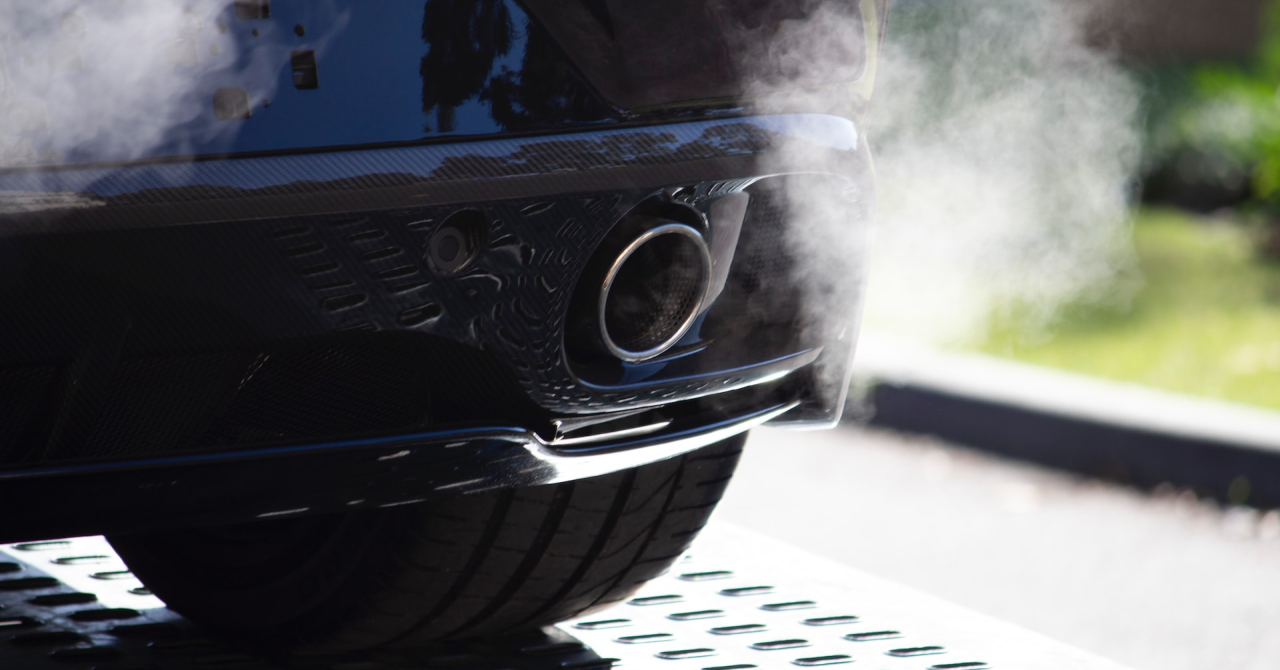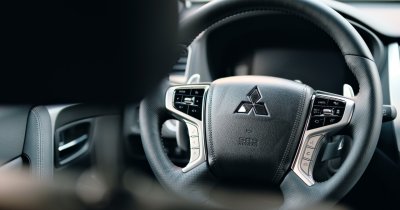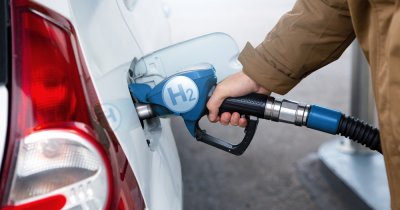According to Reuters, Italy, Poland and Romania were among the countries that took part in the negotiations with regards to a Euro 7 law that would imply stricter limits on health-threatening CO2 emissions.
Czech Republic was among the states that opposed some of the strict regulations, as some EU countries are home to big name brands that find it difficult to implement some of the technologies required to reduce emissions further.
Czech Transport Minister Martin Kupka said that "our effort is, in the area of Euro 7, to make those conditions really realistic, to make them achievable."
The new Euro 7 norm should come in effect sometime in mid-2025, which is considered too soon by some countries.
Officials from the Czech Republic proposed a four-year window for the norm to take effect, which will require some technical changes, which should give industry players enough time to adapt to the new regulations.
"If we are really serious about trying to bring Europe to greater carbon neutrality, I think that really means bringing in technologically realistic measures", the Czech Transport Minister added.
Transport ministers also discussed the matter of the law that would forbid the sale of fossil-powered vehicles after 2035, since Germany blocked it in a last-minute moment.
The country, alongside Italy and Czech Republic, all homes to big car brands, want to be assured that fossil-powered cars can be sold in the bloc after the initial deadline, should they run on CO2 neutral fuels.
 Mihai - Cristian Ioniță
Mihai - Cristian Ioniță












Any thoughts?